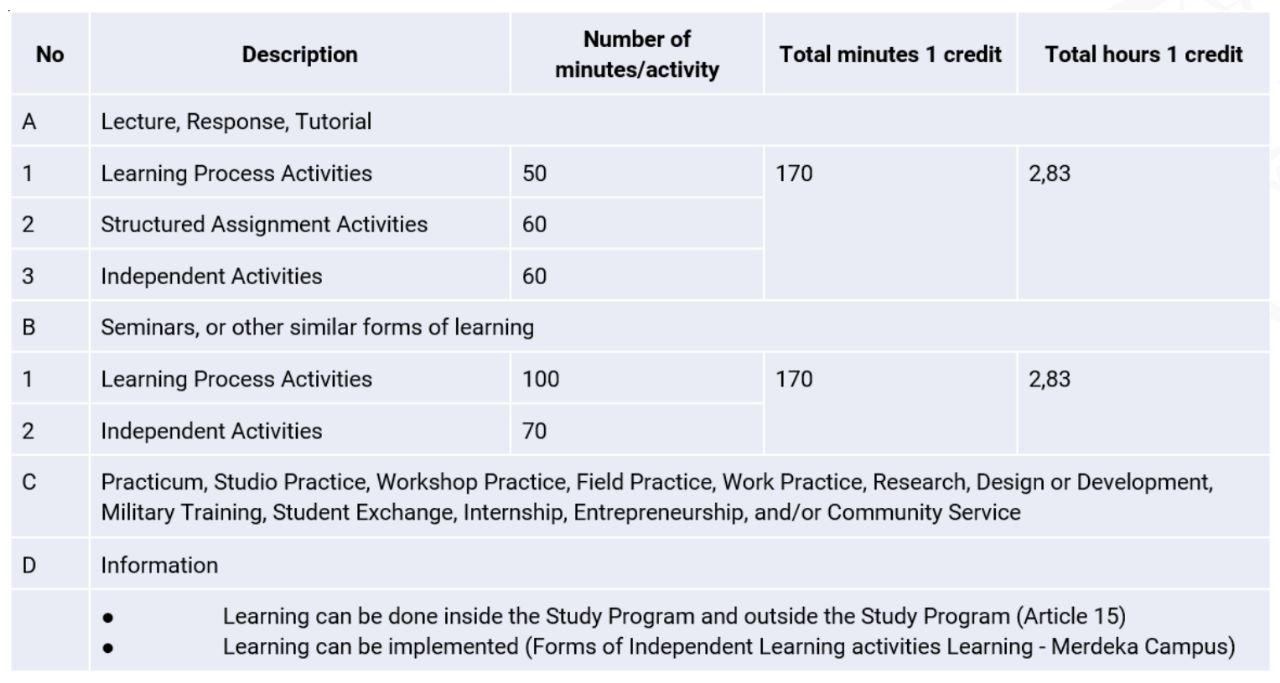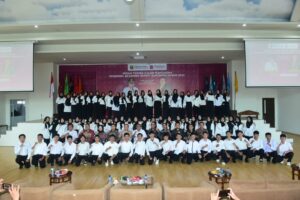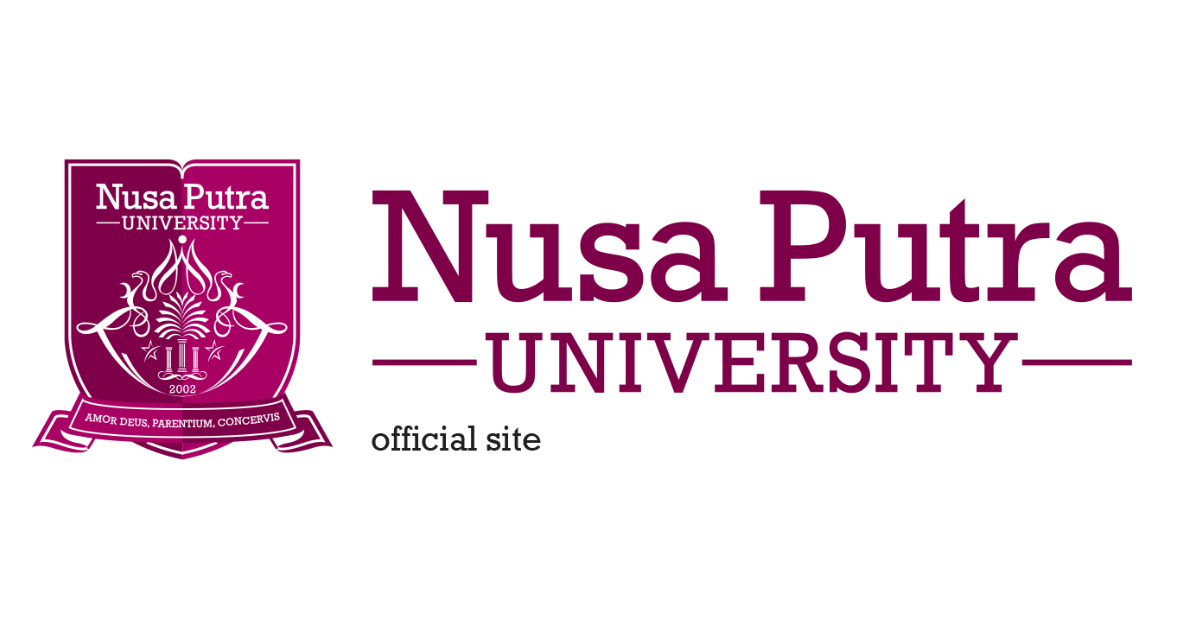- ABOUTAbout UsCollaborationInternational ProgramStudy Indonesia Program (SIP)Abroad Internship Program (AIP)Summer Course ProgramDouble DegreeEnrichment ProgramInternshipHumanitarian ProjectIndependent Study of Project
- ACADEMICS
- RESEARCH

- Information
- AdmissionsUndergraduate ProgramUndergradute SchoolarshipPostgraduate ProgramPostgraduate Schoolarship
EN
Law
- Overview
- Vision & Mission
- Career
- Curriculum
- News
Overview
Currently, legal education in Indonesia is centered on the cognitive aspect, which results in practical aspects and social issues in society not being fully explored. In the future, it is necessary to adapt learning methods that are in line with technological developments and in accordance with the character of students and efforts to formulate learning outcomes.
Legal education must change in line with the needs of a more globalized legal profession. The next challenge is that law schools must teach national law but also law at an international level. With the advancement of technology, law students in the current generation are required to master different abilities from the previous generation. Therefore, the skills and abilities to utilize technology must be possessed by every student.
The Law Study Program of the University of Nusa Putra is here to answer various challenges in the development of practical aspects and social issues of society that change along with the changing times that occur due to technological disruption. The Law Study Program at the University of Nusa Putra is a bachelor's degree study program that provides higher education in law to produce professional and characterized Bachelors of Law (SH). The Law Study Program of the University of Nusa Putra obtained an operational permit on February 8, 2018 together with the Decree of the Minister of Research, Technology and Higher Education number: 108/KPT/I/2018 concerning the Change of the Nusa Putra College of Technology to become the University of Nusa Putra and was declared accredited by BAN-PT on January 10, 2018.
Vision
To become a competitive and innovative world-class legal education institution in the field of research to produce intelligent and religious practitioners and law experts by 2043.
Mission
- Organizing education and teaching science quality law supported with material substance courses relevant to development of time, source reliable lecturers and quality, as well as facilities and adequate infrastructure;
- Produce research in the field of science matching national and international;
- Carry out activities community service in the form of implementation results research in the field of law who can help community in overcoming related problems with the law.
- Improving the quality of education legal knowledge through improvement quality of learning for produce graduates who spiritually intelligent, emotional, intellectual and professional in the field of science law.
- Establish various collaborations with various parties, good local, national and international.
Career Prospect of Graduates
With a learning concept that applied, the graduate of the Program Study Of Law Nusa Putra University mastering practical concepts in the field of law according to special legal expertise which is his choice deep. In addition, graduates too able to prepare formulas law in an effort to resolve procedural problems for each legal events that occur in the midst of society with the interests of society, nation and country. Specific legal expertise in question consists of practical skills in settlement of legal cases, as well as academic skills in effort development of legal science and development of national law. In general, the competence of graduates Program Studies of Law Nusa Putra University are as follows:
- Legal Practitioners which include legal practice field good in the agency environment law enforcement and career independent
- Professionals that include all jobs in the field good law in the company private and owned companies country
- Academics covering the fields of research and legal education.
| Semester | Kode | Nama Mata Kuliah (in) | Course Name (Eng) | SKS | ECTS | Total | |
| SKS | ECTS | ||||||
| WN10002 | Pendidikan Kewarganegaraan | Civic Education | 2 | 3.2 | |||
| WU11001 | Bahasa Inggris Akademik | English for Academics | 2 | 3.2 | |||
| HK11001 | Pengantar Ilmu Hukum | Introduction Legal Studies | 4 | 6.4 | |||
| 1 | HK11002 | Pengantar Hukum Indonesia | Introduction To Indonesian Law | 4 | 6.4 | 19 | 30,4 |
| HK11003 | Ilmu Negara | State Science | 3 | 4,8 | |||
| HK11004 | Filsafat Hukum | Philosophy Of Law | 2 | 3.2 | |||
| HK11005 | Sosio Legal | Emprical legal Sience | 2 | 3,2 | |||
| WN10001 | Pendidikan Pancasila | Pancasila Education | 2 | 3,2 | |||
| WU12002 | Bahasa Inggris Profesi | English for Profession | 2 | 3,2 | |||
| WU12003 | Kenusaputraan | Kenusaputraan | 1 | 1,6 | |||
| HK12006 | Hukum Internasional | International Law | 2 | 3,2 | |||
| 2 | HK12007 | Hukum Perdata | Civil Law | 4 | 6,4 | 20 | 32 |
| HK12008 | Hukum Pidana | Criminal Law | 4 | 6,4 | |||
| HK12009 | Hukum Adat | Customary Law | 2 | 3,2 | |||
| HK12010 | Metode Penelitian Hukum | Method Legal Research | 3 | 4,8 | |||
| WN20004 | Agama dan Etika | Religion and Ethics | 2 | 3.2 | |||
| HK21011 | Hukum Tata Negara | Constitutional Law | 3 | 4.8 | |||
| HK21012 | Hukum Pidana Internasional dan Sistem Peradilan Pidana Internasional | International Criminal Law and the International Criminal Justice System | 3 | 4.8 | |||
| 3 | HK21013 | Hukum Dagang dan Bisnis | Commercial and Business Law | 3 | 4.8 | 20 | 32 |
| HK21014 | Hukum Perdata Internasional | Civil Law International | 2 | 3,2 | |||
| HK21015 | Hukum Dan Hak Asasi Manusia | Law And Human Rights Law | 2 | 3,2 | |||
| HK21016 | Hukum Teknologi Informasi | Cyber Law | 2 | 3,2 | |||
| HK21017 | Hukum Islam | Islamic Law | 3 | 4.8 | |||
| WN20003 | Bahasa Indonesia dan Budaya | Indonesian Language and Culture | 2 | 3.2 | |||
| HK22018 | Hukum Lingkungan | Environmental Law | 2 | 3.2 | |||
| HK22019 | Hukum Ketenagakerjaan | Employment Law | 2 | 3.2 | |||
| HK22020 | Hukum Administrasi Negara | State Administrative Law | 2 | 3.2 | |||
| 4 | HK22021 | Hukum Acara Perdata | Civil Procedure Law | 3 | 4.8 | 22 | 35.2 |
| HK22022 | Hukum Acara Pidana | Criminal Procedure Law | 3 | 4.8 | |||
| HK22023 | Ilmu Perundang-Undangan | Knowledge Legislation | 2 | 3.2 | |||
| HK22024 | Hukum Agraria | Agrarian Law | 3 | 4.8 | |||
| HK22025 | Tindak Pidana Khusus | Special Crimes | 3 | 4.8 | |||
| HK31026 | Hukum Hak Atas KekayaanIntelektual | Intellectual Property Law | 2 | 3.2 | |||
| HK31027 | Argumentasi Hukum | Legal Argument | 2 | 3.2 | |||
| HK31028 | Kemahiran Hukum | Legal Proficiency | 3 | 4.8 | |||
| HK31029 | Etika Profesi Hukum | Ethics Of The Legal Profession | 2 | 3.2 | |||
| 5 | HK31030 | Hukum Pajak | Tax Law | 2 | 3.2 | 23 | 36.8 |
| HK31031 | Hukum Perjanjian Internasional | International Treaty Law | 2 | 3.2 | |||
| HK31032 | Hukum Perusahaan | Company Law | 2 | 3.2 | |||
| WU30004 | Praktek Kerja Lapangan (PKL) | Work in Practice | 2 | 3.2 | |||
| - | MK Pilihan: Inti Peminatan | Specialization Elective Course | 6 | 9.6 | |||
| FB32001 | Kewirausahaan | Entrepreneurship | 2 | 3,2 | |||
| 6 | WU30005 | Kuliah Kerja Nyata (KKN) | Community Service | 2 | 3,2 | 19-24 | 30,4-38.4 |
| - | MK Pilihan I: MBKM/SCP /Pendalaman | Elective Course I: MBKM/ SCP /In-Depth | 15-20 | 24-32 | |||
| FB41002 | Filsafat Ilmu | Philosophy of Science | 2 | 3,2 | |||
| 7 | - | MK Pilihan II: MBKM/SCP /Pendalaman | Elective Course II: MBKM/ SCP /In-Depth | 15-20 | 24-32 | 17-23 | 27,2-35,2 |
| 8 | HK40033 | Skripsi | Thesis | 6 | 9,6 | 6 | 9,6 |
| Jumlah | 146-156 | 233.6-249.6 | |||||
Conversion from SKS to European Credit Transfer System (ECTS)

1 credit is equivalent to 170 minutes or 2.83 hours. Each semester consists of 14 meetings. It means, a total of 39.62 hours per semester is obtained. The provision of 1 ECTS is equivalent to 25 hours. To get a Bachelor’s degree, a student must complete a minimum of 144 credits, that is equivalent to 228.21 ECTS. According to European Standard, 3 years lectures program is equivalent to 180 ECTS, and 4 years lecture program is equivalent to 240 ECTS. The number of lectures at FECD-UNSP is 228.21 ECTS, meaning that it meets European standards.
The Semester Credit Unit load for each course is determined in accordance with the learning process (lecture characteristics) carried out. One semester consists of 14 learning sessions/meetings (14 weeks) and two examinations; Mid-Semester Examination, and End-Semester Examination (UAS).
 News
News
- Perdana, NPU Selenggarakan Nasional Law Debate Competition
- Sangat kental dengan keberagaman, Itulah Tanggapan Peserta NLDC
- Menciptakan Kebersamaan Dalam Keberagaman, HIMAKUM Rayakan Dies Natalis Ke-4
- Universitas Nusa Putra Gelar Seminar Hukum, Catat Tanggalnya!
- Catatan Penting ICLaPH 2021, Konferensi Internasional Bidang Hukum Nusa Putra
- Hadirkan Profesor dari Amerika, Prodi Hukum Nusa Putra Siap Gelar Konferensi Internasional
- Prodi Hukum Universitas Nusa Putra Jalin Kerjasama Dengan Pengadilan Negeri Cibadak
- Kuliah Hukum di Universitas Nusa Putra Beda



